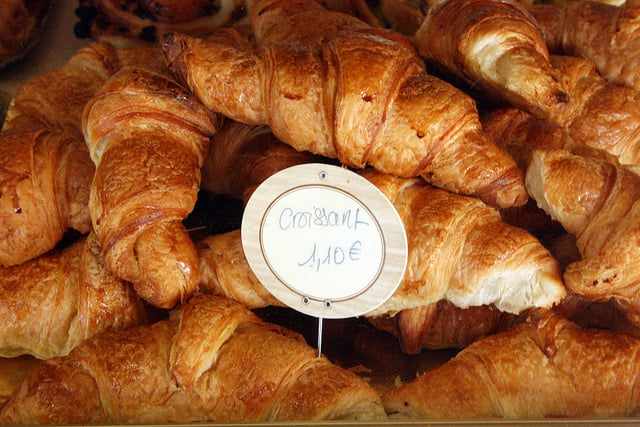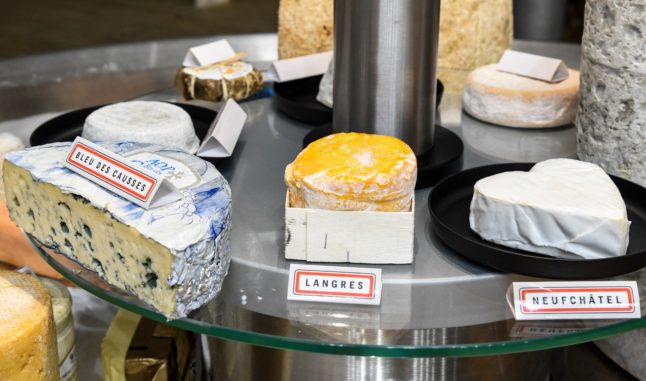- Why are croissant lovers in France facing a price hike in their morning pastries?
- British recipe for 'sausage croissant' sparks social media uproar in France

“Today the customer can't know if the croissant has been made at the boulangerie itself and this is why I want to create this status.”





 Please whitelist us to continue reading.
Please whitelist us to continue reading.